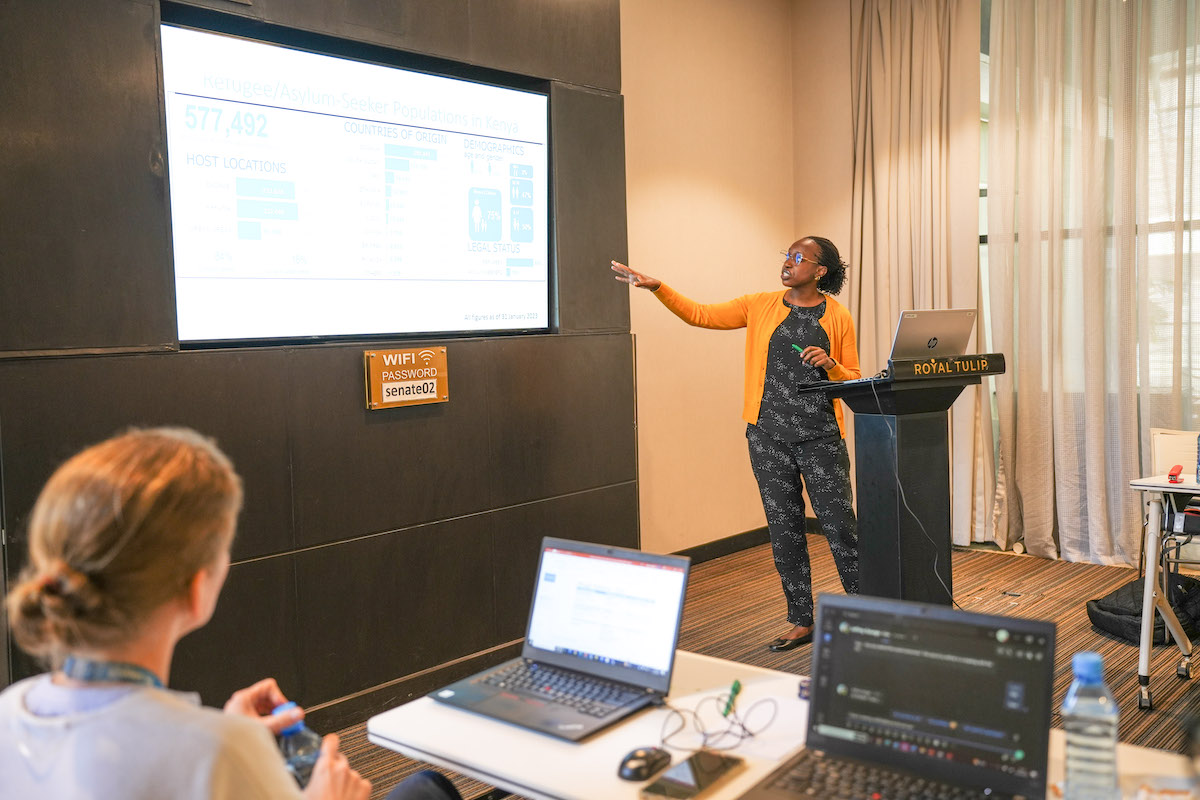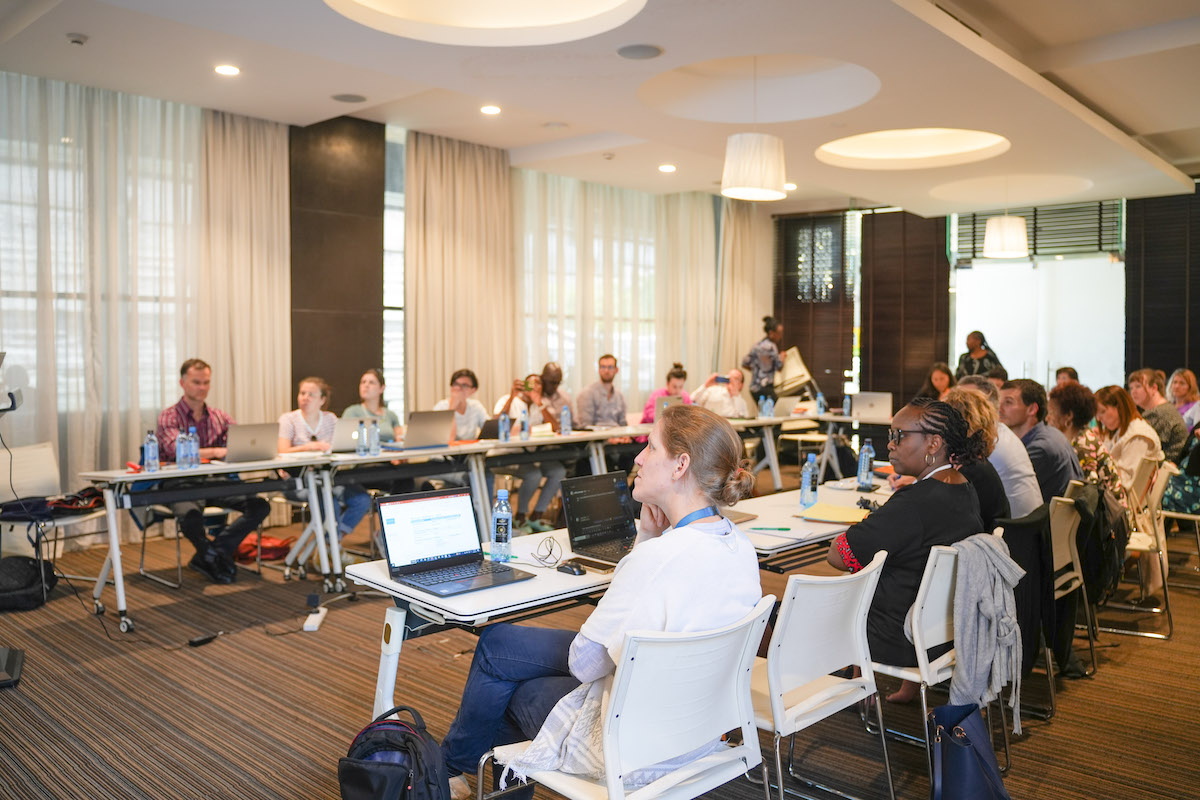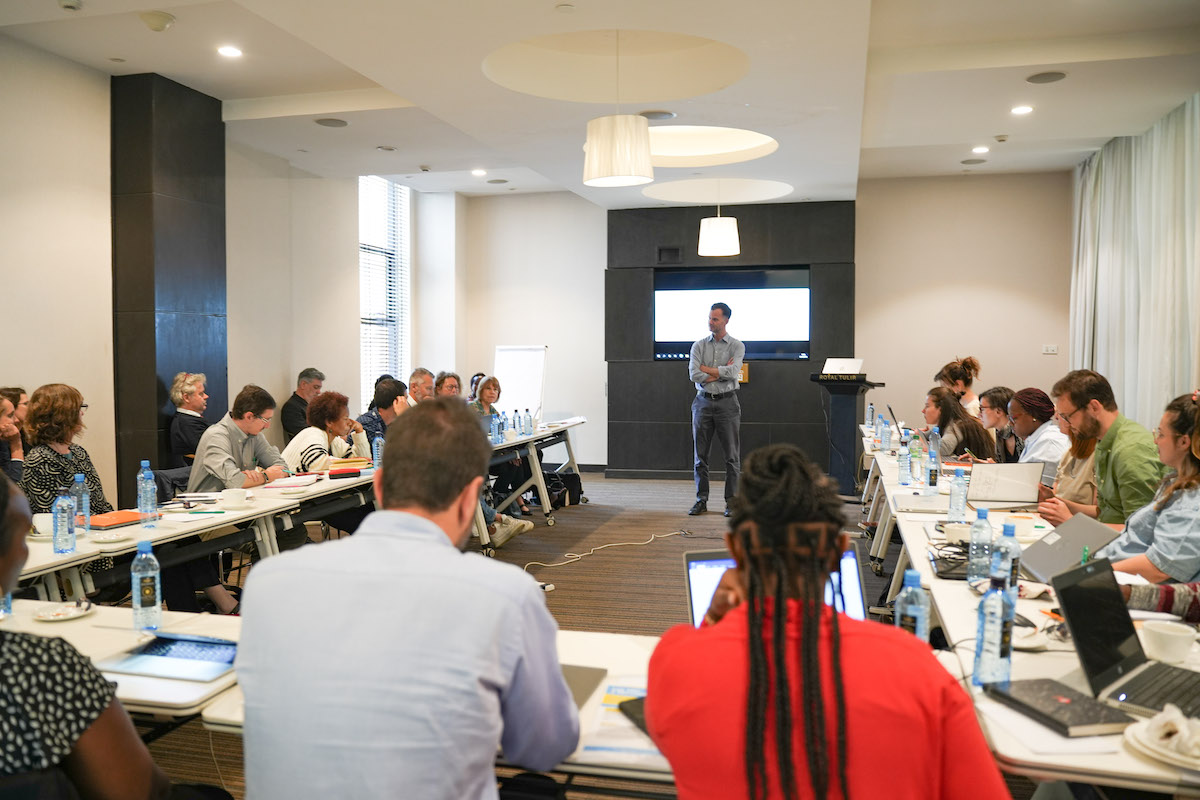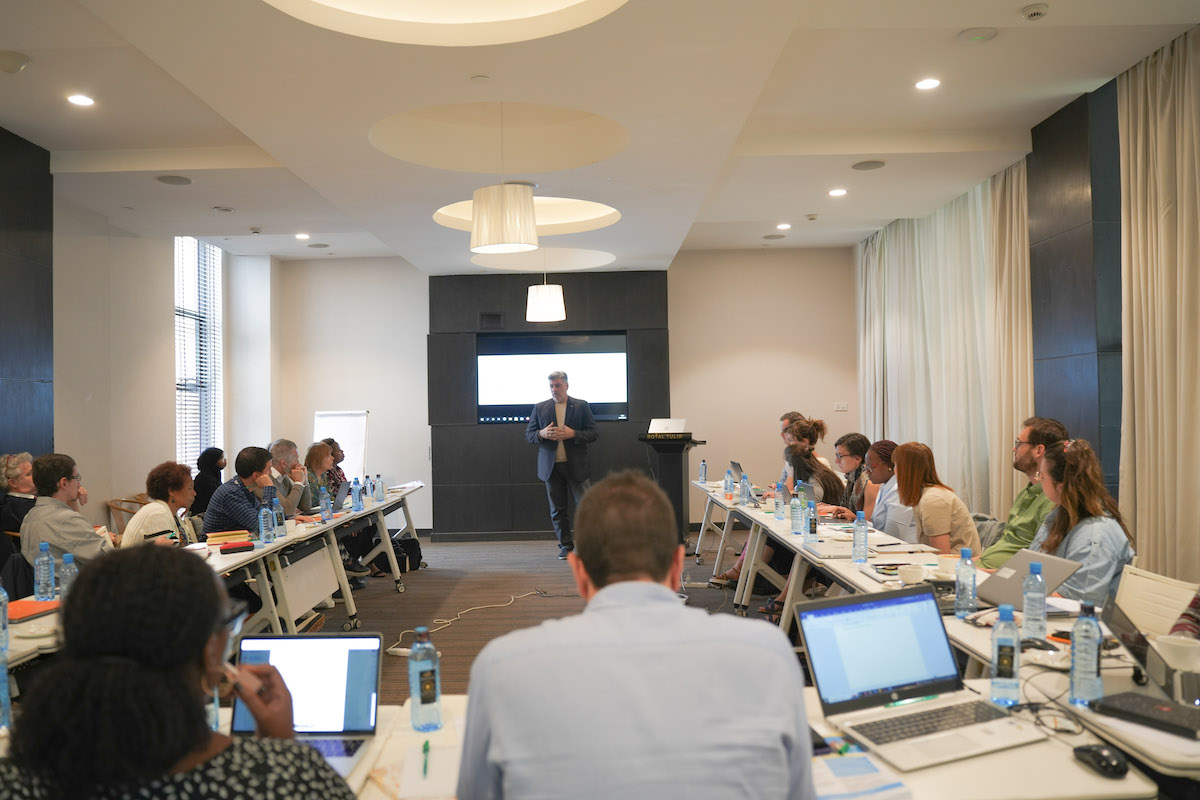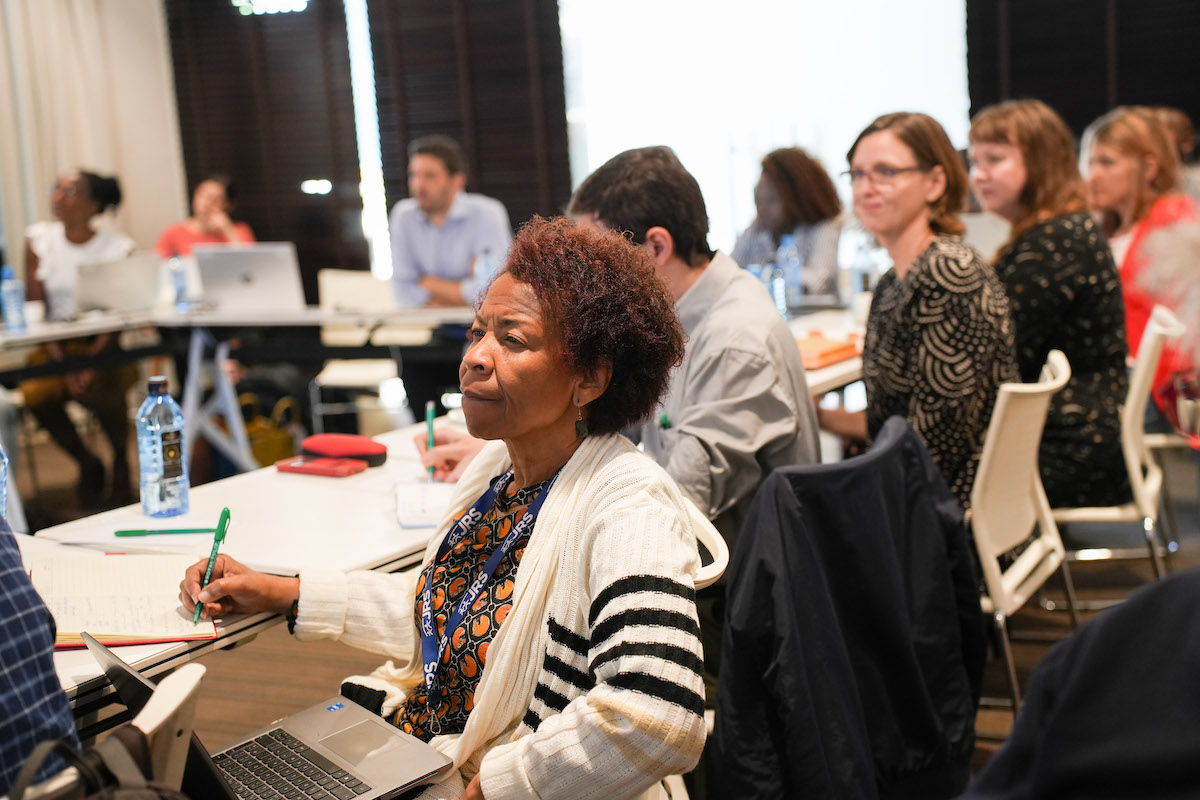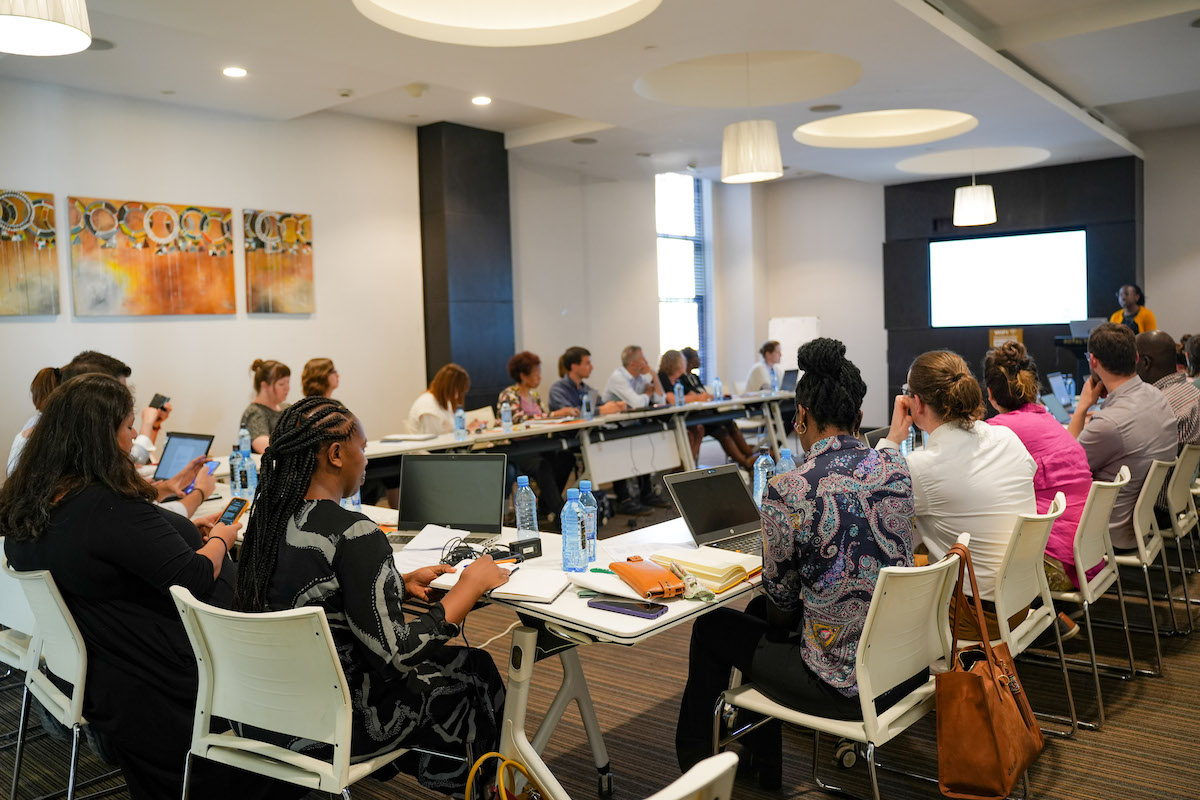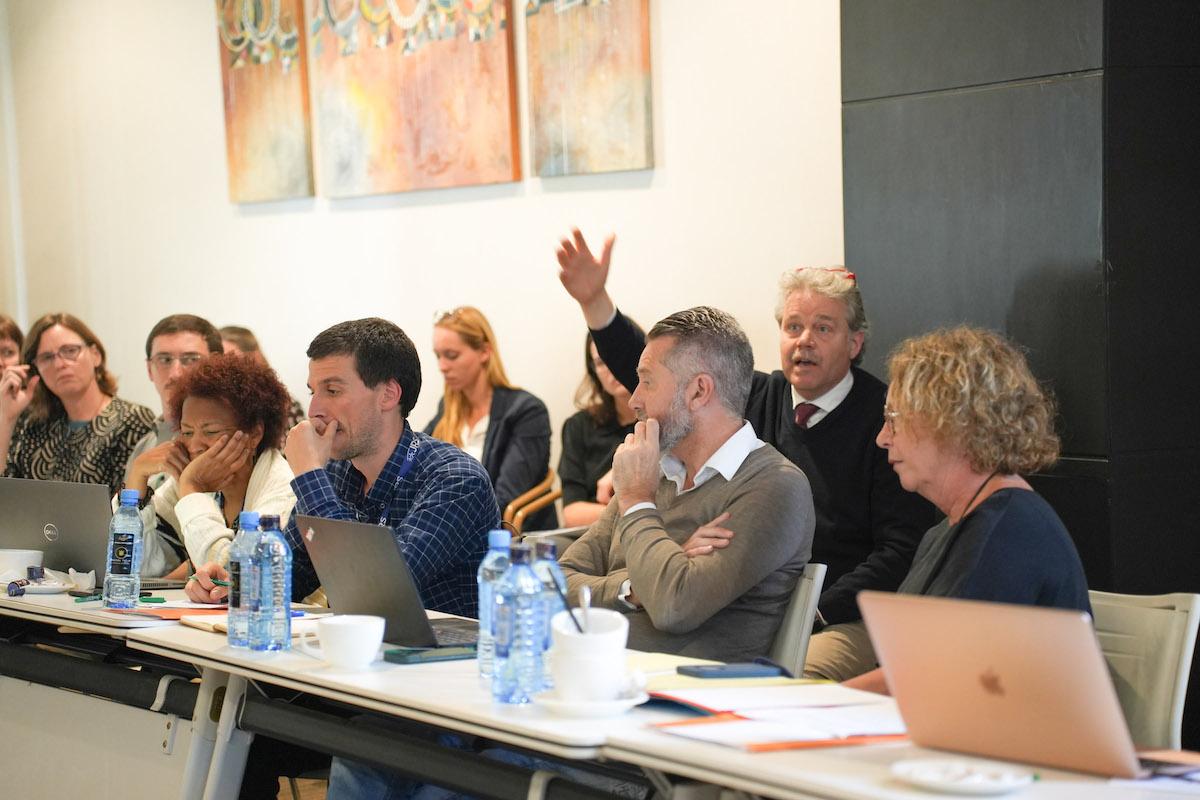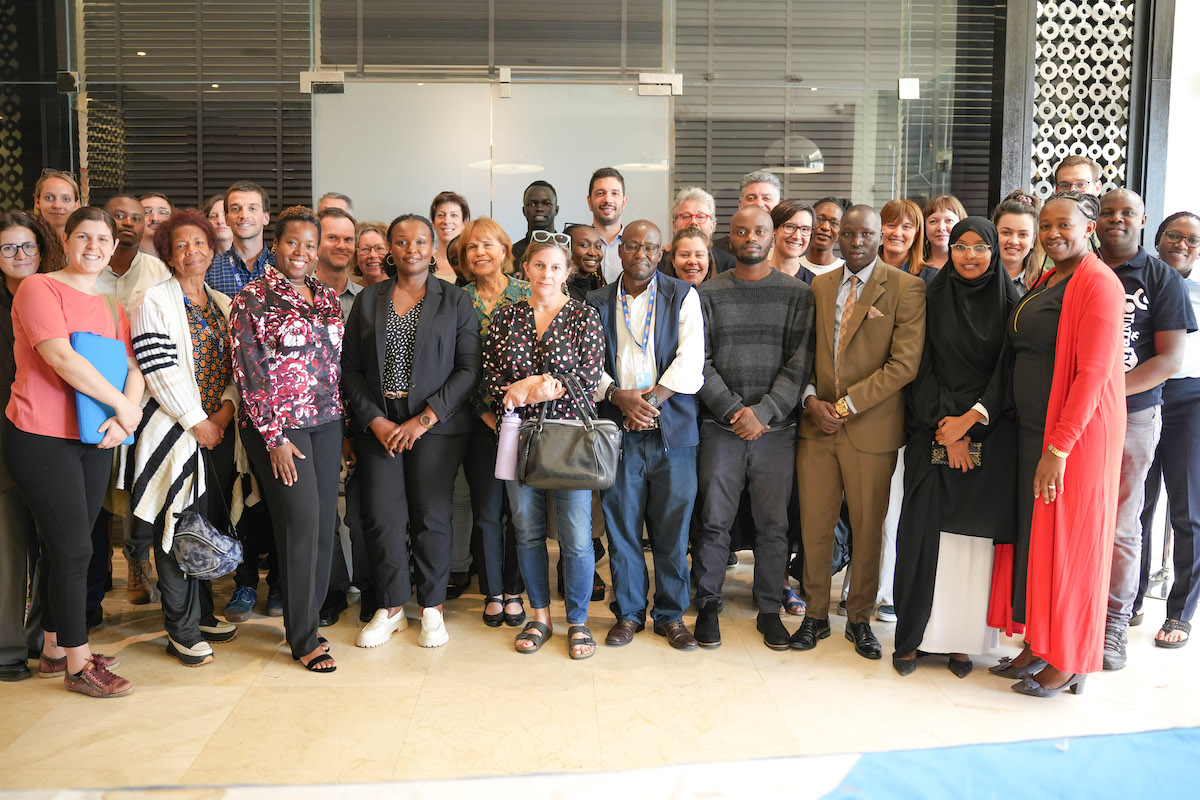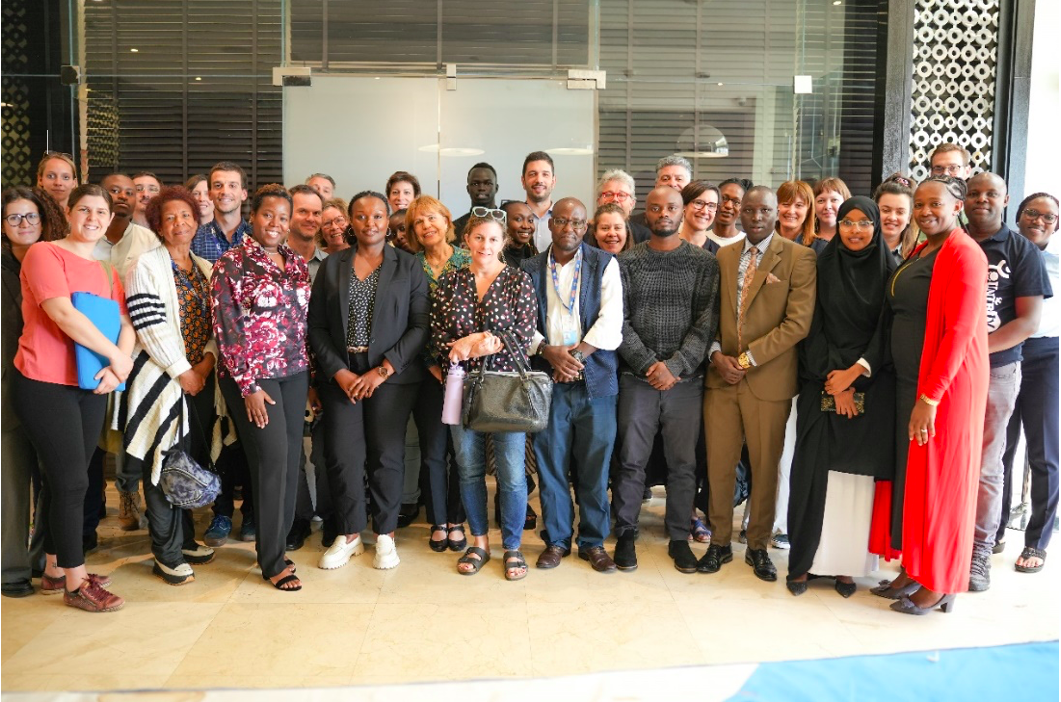
Working Group on Identification, Referral, and Matching
Learning Exchange Visit, Nairobi, Kenya
Royal Tulip Hotel, Tigoni Road, off Chaka Road, Kilimani, Hurlingham
Tuesday – Thursday, March 28-30, 2023
As part of the EU-PASSWORLD project, the second Working Group on Identification, Referral and Matching was held from 28 to 30 March 2023 in Nairobi (Kenya), within which a Learning Exchange Visit was also carried out.
The Working Group, led by ICMC Europe and the Share Network, in collaboration with RefugePoint and Caritas Italy, draws on practice and approaches for identification, referral, and matching across complementary pathways.
The objectives of this Working Group in Kenya were:
- Foster a fuller understanding of identification, referral, and matching systems for complementary pathways.
- Create the opportunity for engagement with refugee candidates in various stages of different pathways, allowing for greater refugee voice, agency, and participation in program planning conversations.
- Introduce operational partners spanning the entire complementary pathways process and foster greater understanding and coordination between partners.
- Explore models and partnerships for future programming, including ideas for streamlining procedures.
- Identify recommendations for creating or scaling viable complementary pathways programs.
The 44 participants of the Working Group are professionals with diverse backgrounds, profiles and skillsets who can look Identification, Referral and Matching in complementary pathways from different perspectives.
In the various panels, the participants brought and shared their expertise and best practices in complementary pathways, and it was possible to focus on the experience in Kenya, add new elements to the discussion on identification, referral and matching and create new synergies for possible future collaborations.
On the last day of work, the group questioned the following key topics, proposing ideas and solutions applicable to the different countries and contexts of intervention.
- Development of identification and referral models that respond to programme eligibility criteria and take account of available pathways.
- Identification and referral of refugees for labor mobility / higher education, including:
- Tools to be developed/strengthened to make processes more resource/time efficient to meet demand of employers/universities.
- Type of partnerships should be strengthened in countries of asylum and in destination countries, including roles and responsibilities and who does what.
- Cost-sharing arrangements would best guarantee sustainability/scalability.
- Ways to ensure meaningful refugee participation in programme design and monitoring, evaluation and via what mechanisms.
